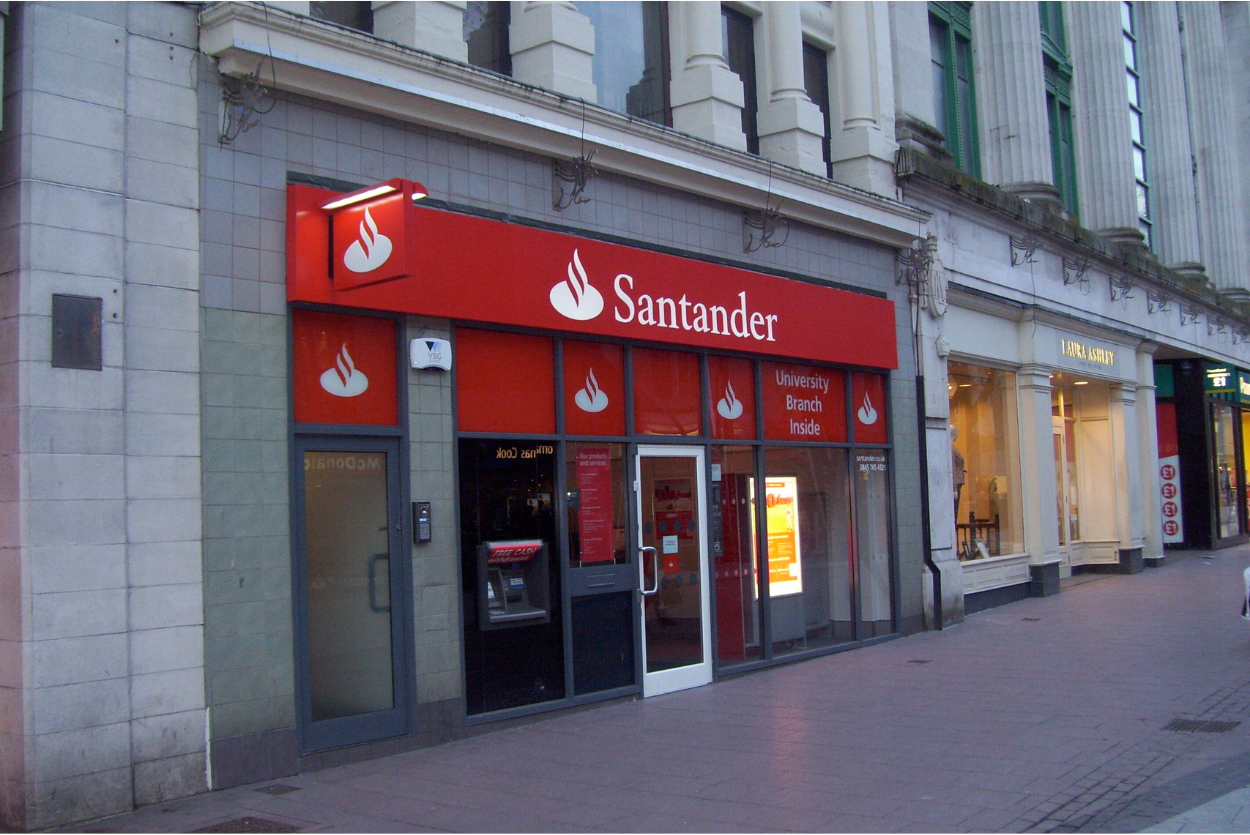
Mortgage lenders are cutting their interest rates this week, some by as much as 0.50 percentage points, as gilt yields, swap rates and the price of natural gas all begin to trend down.
Today (October 25), Santander and Accord announced rate cuts by up to 0.50 and 0.53 percentage points, respectively.
Five-year fixed mortgages are seeing the biggest decreases, taking some rates out of 6 per cent territory and back onto 5 per cent figures.
Yesterday (October 24), HSBC and Coventry Building Society also announced cuts to their rates.
HSBC cut rates by up 0.11 percentage points, affecting first-time buyer mortgage trackers and five-year fixed remortgages. Coventry is yet to announce how much it will cut rates by.
This week, gilt rates have been falling since the resignation of former prime minister Liz Truss. This has had a knock-on effect to swap rates, a leading indicator for mortgage rates.
Since Friday (October 21), two-year gilts have fallen from 3.68 to 3.34 per cent, while five-year gilts have fallen from 4.12 to 3.77 per cent.
This has seen two-year and five-year swaps rates also fall since then, by 0.26 and 0.32 percentage points respectively.
Average mortgage rates have fallen marginally. The average two-year fix fell by 0.01 percentage points today, and the average five-year by 0.02 percentage points, according to Moneyfacts.
The Bank of England has suggested over the past week that smaller increases could be sufficient to bring down inflation.
The central bank’s deputy governor for monetary policy, Ben Broadbent, suggested on Thursday (October 20) that UK interest rates will not need to surpass 5 per cent to bring down inflation.
Meanwhile, the price of natural gas across Europe fell yesterday as predictions of a warmer winter than first expected trickled in.
“It seems some lenders may have priced up high amidst the uncertainty,” L&C Mortgages director, David Hollingworth, explained.
Under Truss’s cabinet, UK markets spiralled into turmoil after a sweep of unfunded tax cuts were introduced. These have now almost all been reversed, and new prime minister Rishi Sunak was previously a critic of Truss’ economics.
“Now they’re able to price more competitively,” said Hollingworth. “This shows lenders have more appetite again. They’re also likely in better shape now from a processing point of view.”
Skipton Coventry Building Societies have introduced three-year mortgages, while Accord has brought back its 5 per cent deposit mortgage.
“Products are returning. There’s more than one sign of stability,” said Hollingworth.
There are 3,056 products on mortgage lenders’ shelves today, compared with 2,273 the week after Truss’s fiscal announcement, according to Moneyfacts.
Director at Trinity Financial, Aaron Strutt, noted a trend in the types of products enjoying rate reductions.
“It seems like more lenders are offering tracker rates and discounted variable rates,” said Strutt.
“These are cheaper to fund, and they give borrowers lower mortgage rate options. Fixed mortgages can be more expensive because they rely on swap rate funding, which will take some time to settle down.
“But if bigger lenders lower their prices, other lenders will follow.”
To read the original article click here






